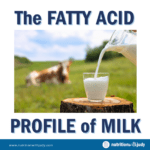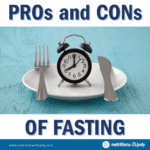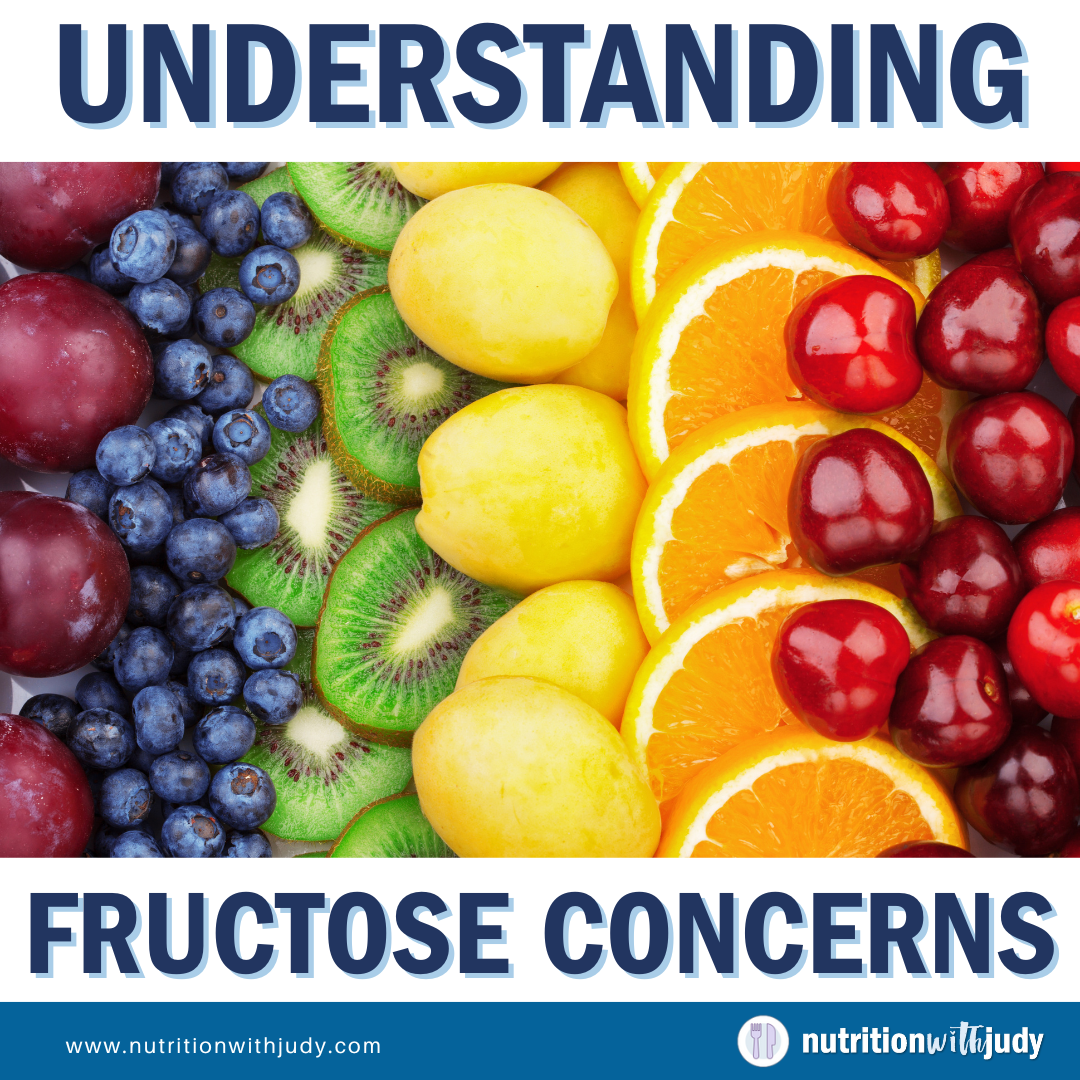

Understanding Fructose Concerns


Original Publish Date: 2/19/22
This week, I was sent several fructose studies that other pro-fructose advocates in the space have shared. One discussion paper is very long and I’d like to break it down in a longer article but for the others, I can share some context here.
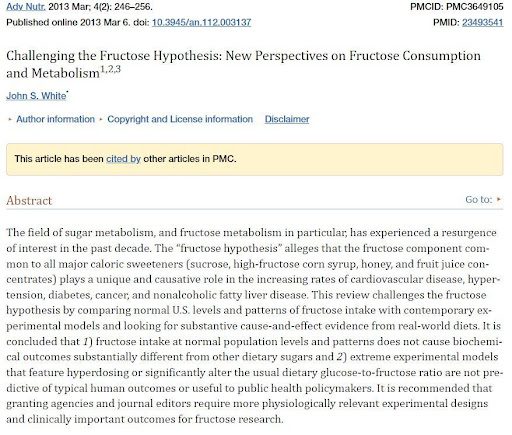

This paper challenges the ideas against fructose. The paper argues that fructose consumption has not increased since the yesteryears and that fructose may not be the problem. The paper also states that fructose isn’t ever found without glucose so studies that isolate fructose aren’t real-life scenarios.
Dr. Richard Johnson and other researchers have done studies isolating the different forms of sugars and also many studies in natural food forms.
Here are some thoughts from the Conclusion:
“…Fructose is safe at typical intake levels but can produce adverse metabolic effects when abused—as is true of most nutrients. It turns out that the largest abusers of fructose are not American consumers, but research scientists…
Humans consume fructose with lots and lots of glucose; >5 times as much glucose as fructose…
(There is a lot of subjectivity written in this paper, calling research scientists abusers is a bit much and why the reiteration of the word, lots?)
Evidence is presented in this review that fructose has not disproportionately increased in the human diet (in fact, it has increased very little in the past 90 y) and that cause-and-effect evidence of adverse effects is lacking at typical human exposure levels and patterns. The fructose hypothesis must be continually challenged for human relevance…
Is it time for granting agencies and journal editors to require more physiologically relevant experimental designs and clinically important outcomes for fructose research? I think it is.”
There is a lot of subjectivity in the paper and passive blame toward glucose. Dr. Richard Johnson and researchers have found that glucose and fructose can convert to one another via the polyol pathway. So does it even matter?
Our bodies have these pathways so when there’s too little or too much of something, our body has ways to protect itself.
But here’s the biggest kicker…
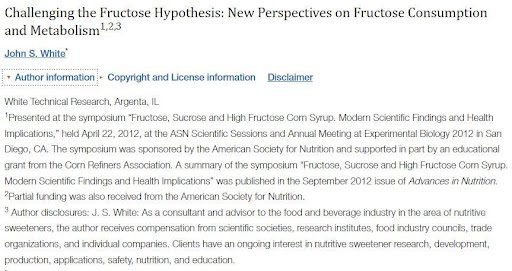

This paper was presented at a symposium sponsored by the Corn Refiners Association. The main author is compensated and a consultant and advisor to the food and beverage industry in the area of nutritive sweeteners.
I’ll use the author’s words: is this paper abusive against fructose and could there be lots and lots of conflicting interests? I think so…
This paper should not have been shared as evidence-based research.
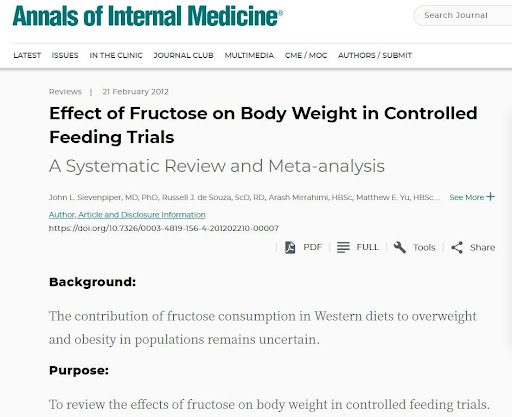

This was another paper shared by the pro-fructose advocate. I’ll let you see if you can figure out the issues. Let me give you a hint with a closer, highlighted look.
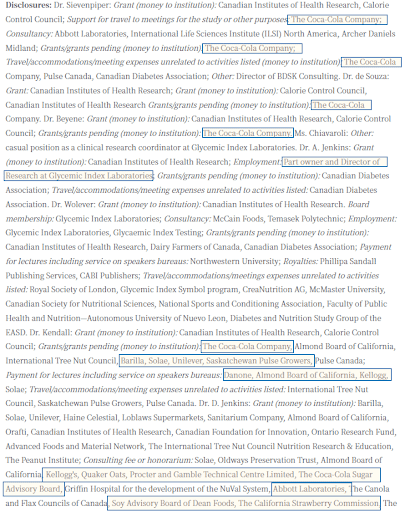

We really need to do better.
The other long fructose perspective does not deny that fructose is harmful. They essentially argue that the dose makes the poison. But for every single person, that dose will differ.
We cannot share studies where we agree with the author’s hesitation with fructose but do not necessarily agree with the author’s alternative suggestions. This author defines risky behavior as consuming saturated fats. The author mentions other metabolic disorder drivers (other than fructose) such as excess calories, diets rich in saturated fats, and/or low physical movement.
So if risky behavior is eating a diet rich in saturated fats and fructose, are we agreeing that fructose (fruit/honey) isn’t ideal on a meat-based diet?
Below is part of the conclusion.
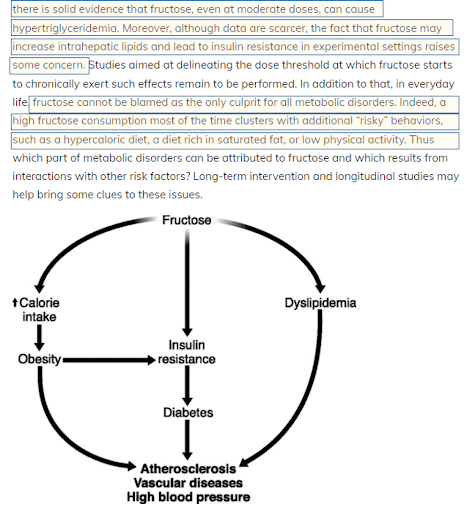

We really need to dive into studies that are used to make a strong stance, especially ones that scare the community.
We don’t need carbs for optimal health.
In health,
Judy


